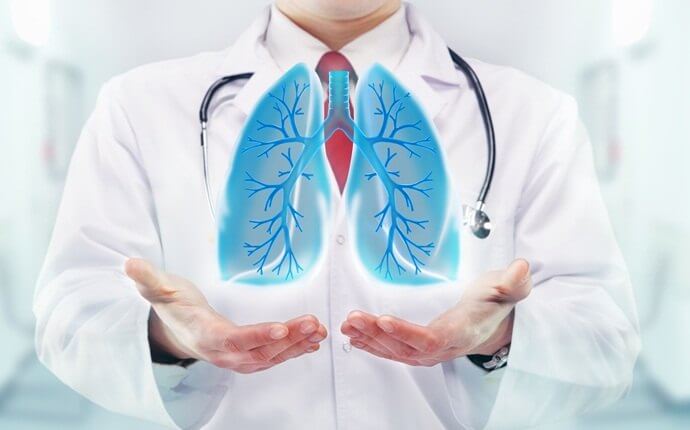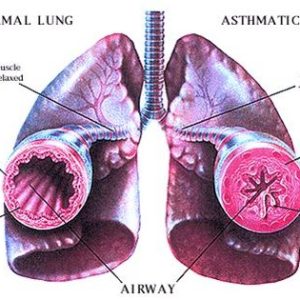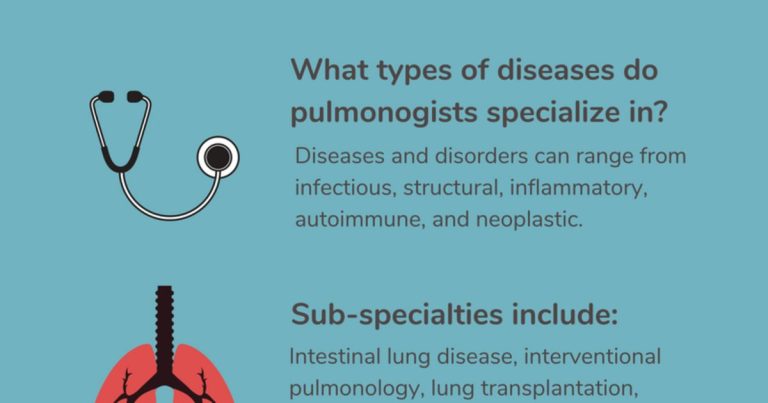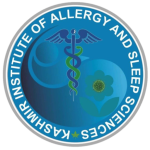pulmonology

Pulmonology
Pulmonology is a speciality that deals with maladies involving the respiratory tract. The term is gotten from the Latin word pulmō, pulmōnis (“lung”) and the Greek addition – λογία, – logia (“investigation of”). Pulmonology is synonymous with pneumology (from Greekπνεύμων (“lung”) and – λογία), respirology and respiratory pharmaceutical.
What is Pulmonology?
Pulmonology is known as speciality regarding diseases of Lungs in a few nations and zones. Pulmonology is viewed as a branch of internal medicine, and is identified with intensive care medication. Pulmonology regularly includes overseeing patients who require life bolster and mechanical ventilation. Pulmonologists are uncommonly prepared in ailments and states of the chest, especially pneumonia, asthma, tuberculosis, emphysema, and confused chest contamination.
Who Are Pulmonology Specialists?
A pulmonologist, or pulmonary disease specialist, is a doctor who has particular information and aptitude in the finding and treatment of pulmonary (lung) conditions and diseases. Pulmonology is delegated an internal medicine subspecialty.
What are the Pulmonology treatment options available at KIASS?
Severe Asthma with Fungal sensitisation
Bronchiectasis
Bronchitis
Chronic Cough clinic(state of the art)
Chronic Obstructive Pulmonary Disease (COPD)
Common Cold
Idiopathic Pulmonary Fibrosis
Pneumonia
Sleep Apnea
Spirometry
Tuberculosis
Work-Related Asthma


When do I see a Pulmonologist ?
COPD Chronic Obstructive Pulmonary Disease involves abnormalities in the lungs that make it difficult to exhale normally. Excessive inflammatory processes eventually lead to these abnormalities in the lung’s structure that permanently obstruct airflow.
Two common conditions leading to COPD are chronic bronchitis and emphysema.The cardinal risk factors for this condition are Smoking and environmental pollution.
Chronic Cough
Cough can be acute or chronic. The most common cause of acute cough is an acute respiratory infection. Chronic cough is defined as a cough lasting for more than 8 weeks. A chronic cough may be a signal that a significant health problem exists and it demands multidisciplinary approach to get into the roots of the malady.
Asthma
Asthma is the most common chronic disease in children, but can also affect adults. Asthma is a condition in which the bronchial tubes in the lungs react to stimuli and become inflamed. This produces symptoms such as shortness of breath, coughing, wheezing, and tightness in the chest. Severe asthma is a serious health concern that can lead to respiratory failure or even death.
Lung Cancer
Lung cancer is caused by the rapid growth and division of cells in the lungs. When cells divide too much and too fast, a tumor forms. If the tumor is confined and does not invade surrounding tissues or organs, it is considered benign. By contrast, if the tumor spreads to surrounding tissues or organs, it is considered malignant, or cancerous.
Breathing Problems
Difficulty breathing is uncomfortable, tiring, and can be a sign of a serious lung condition. To make sure you are not facing a more serious health problem, consulting a Pulmonologist may be the first step in getting you back on track.
Sleep Apnea
If you have sleep apnea, your breathing stops several times during the night. The pauses can last seconds to minutes. Breathing usually resumes with a snort or choking sound. It’s a common sleep disorder, but most people who have it don’t know it. There are several causes of sleep apnea. They all result in less oxygen getting into your lungs and then into your blood. Most people can manage sleep apnea with special mouthpieces and breathing devices. Some people may benefit from surgery.
Lung Infections
Primary care doctor can usually handle simple infections, such as bronchitis. However, complex lung infections often require a pulmonologist’s expertise. This includes such infections as tuberculosis and pneumonia. It also includes bronchitis if it is difficult to treat or you have other chronic diseases, such as COPD or heart disease.
Cystic Fibrosis
Cystic fibrosis—or CF—affects the body’s secretory glands, which make mucus or sweat. This includes glands in the lungs, upper respiratory tract, digestive tract, sexual organs, and skin. It is a genetic disease—children inherit faulty genes from their parents. In the respiratory tract, symptoms result from having thick, sticky mucus. Symptoms include a frequent cough that brings up thick mucus and recurrent respiratory infections, which can cause lung damage with time. Because lung disease can become severe and life-threatening, a pulmonologist should treat CF.
Book an Appointment
Need to schedule a visit with one of our specialists? It’s easy! Just click on “Book an Appointment” button below.
Book your appointment online today and get the care you need from our qualified healthcare professionals.
Contact Info
Address
24-A Shah Complex, opposite OPD gate of SMHS Hospital, Karan Nagar, Srinagar, Jammu and Kashmir 190010
Phone
94190 07775 | 01942504864
lungkashmir@rediffmail.com
